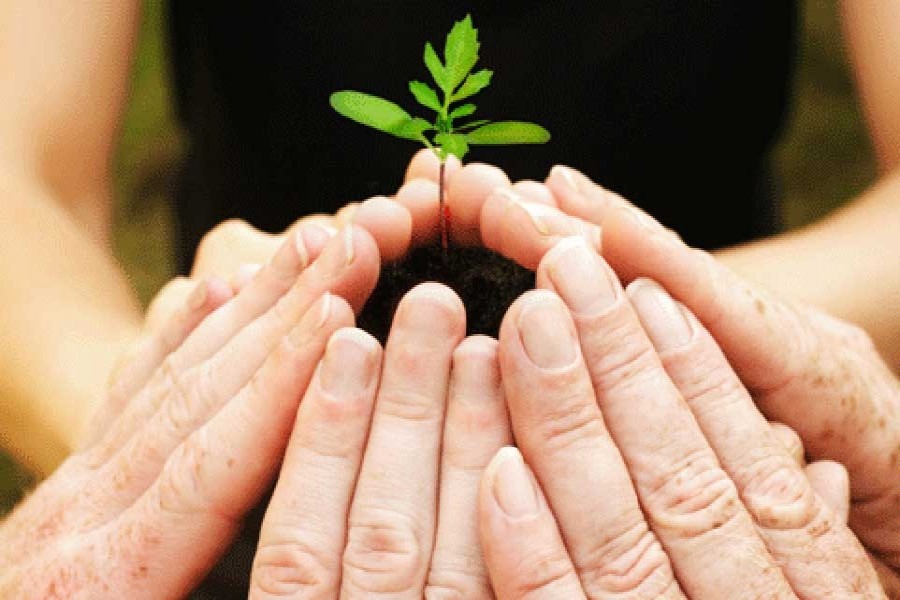
Published :
Updated :

Despite reforms, policy innovations, and impressive macroeconomic performance in recent decades, inequality continues to undercut the promise of inclusive growth. This paradox -- growth without equitable distribution -- has long been observed in developing nations, but it is particularly striking in South Asia, where persistent disparity remains a barrier to sustainable development.
At a recent book launch in Dhaka, the issue was once again brought into sharp focus. The book Apostles of Development: Six Economists and the World They Made, authored by Yale University Professor David C. Engerman, explores the intellectual legacies of economists who shaped South Asia's development thinking. In his remarks at the event, Professor Rehman Sobhan, Chairman of the Centre for Policy Dialogue (CPD), underlined a stark truth: South Asian economies, including Bangladesh, may have recorded steady growth for decades, but the widening gap between rich and poor has remained unresolved. Prof. Sobhan's warning is timely. He noted that waves of reform --- whether in trade, financial liberalisation, or welfare expansion --- have failed to reverse inequality. The deeper problem lies in the very structure of economies across the region. Concentrated asset ownership, elite dominance over policymaking, and exclusionary access to opportunities create a system that continuously reproduces inequity. What this means is that while GDP growth rises, the benefits remain locked within privileged circles, leaving the majority struggling to find a foothold on the growth ladder.
The Bangladeshi context is telling. Over the past three decades, the country has moved from a low-income to a lower-middle-income economy. Export-led growth, remittance inflows, and social progress indicators have earned Bangladesh global recognition. Yet, income and wealth distribution have remained heavily skewed. Access to land, quality education, healthcare, and financial services is still disproportionately tilted towards urban elites. For rural households and the urban poor, opportunities for social mobility remain severely restricted. The celebrated "growth miracle" loses much of its sheen when weighed against the entrenched inequality that limits both human potential and national progress.
This pattern is not unique to Bangladesh. The Global South as a whole comprising Asia, Africa, Latin America, and Oceania now commands growing shares of global resources, markets and production. But domestic inequality threatens to hollow out this progress. Rising prosperity in aggregate terms masks the stark internal divides that foster instability and social discontent. When wealth and opportunities are concentrated in the hands of a few, development becomes exclusionary, undermining the very purpose of growth. Inclusive growth requires more than short-term welfare measures or piecemeal policy adjustments. It demands structural reforms that expand access to productive assets, democratise policymaking and remove systemic barriers for marginalised groups. Without addressing the roots of inequality, nations risk perpetuating a system under which growth benefits only the few while leaving the majority behind. The challenge, therefore, is to rethink development beyond GDP numbers. As Professor Sobhan argued, unless policymakers confront inequality at its core, growth will remain fragile, divisive, and unsustainable. True progress lies not merely in expanding national wealth, but in ensuring that its fruits are shared equitably across society.


 For all latest news, follow The Financial Express Google News channel.
For all latest news, follow The Financial Express Google News channel.